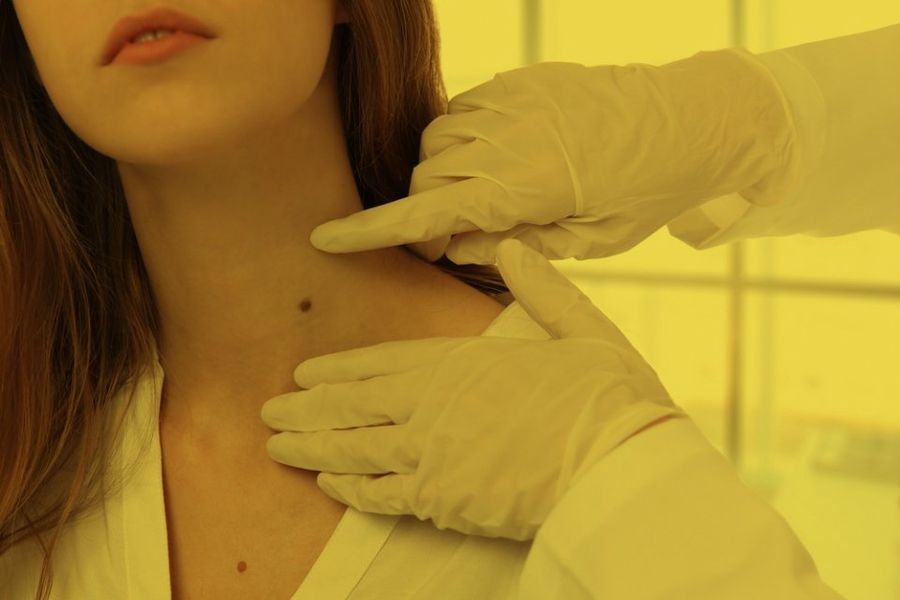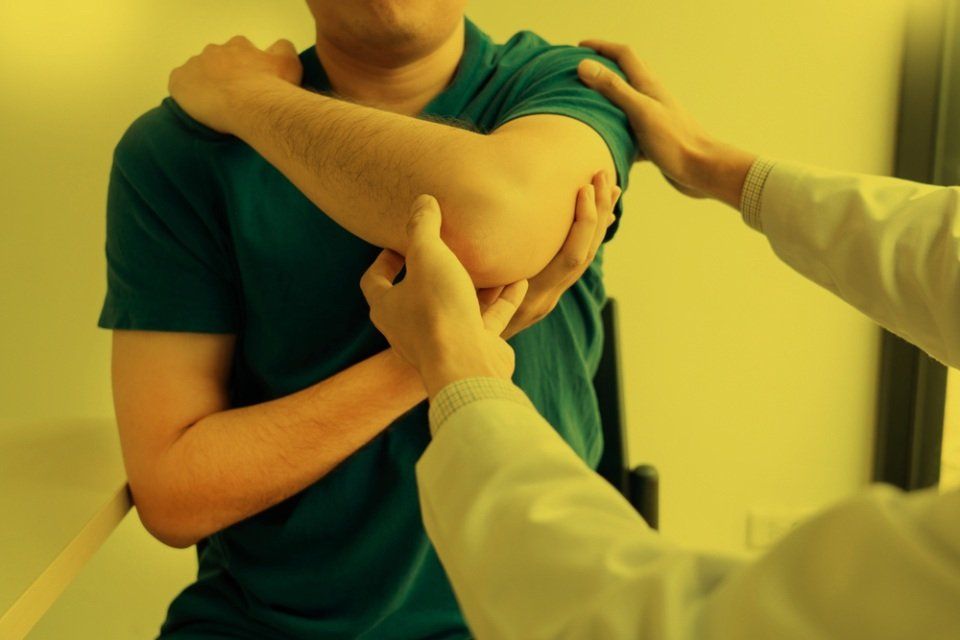Dr Ilaria Marzolla

Slide title
Write your caption hereButton
SOME OF THE CONDITIONS TREATED:

Slide title
Write your caption hereButton
WHO IS THE LOGOPEDIST?
-
Read more
The practice of the profession can occur under an employment relationship, in public or private settings, or in a freelance capacity, and in reference to an explicit medical diagnosis.
In adults, the logopedist primarily deals with: language disorders (aphasia, alexia, agraphia, acalculia); dysarthria (articulatory deficits); dysphonia (voice disorders); disfluencies (stuttering); facial nerve paralysis; deafness (hearing aids, cochlear implants); neurodegenerative diseases (Parkinson's disease, multiple sclerosis, ALS); linguistic/communication/cognitive deficits (e.g., consequences of traumatic brain injury); transgender voice feminisation; dysfunctional swallowing; aesthetic logopedics...
In children, the logopedist primarily addresses: specific learning difficulties and disorders (dyslexia, dysorthographia...); specific language disorders and language delay; voice disorders (dysphonias); deafness; dysfunctional swallowing; autism; disfluencies (stuttering)...
Location
Opening hours
- Mon - Fri
- -
- Saturday
- -
- Sunday
- Closed
Saturday by appointment








